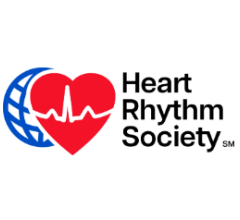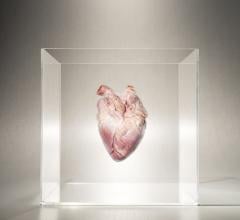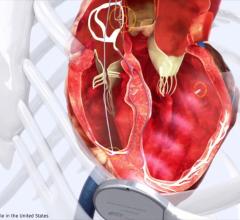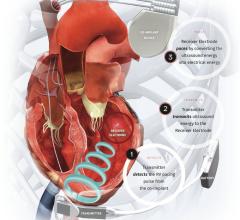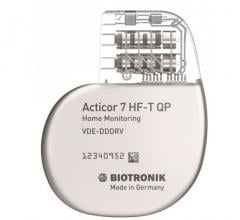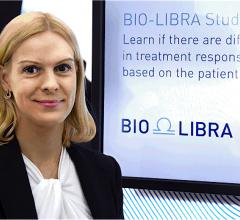
September 27, 2017 — Boston Scientific recently launched the Resonate family of implantable cardioverter defibrillator (ICD) and cardiac resynchronization therapy defibrillator (CRT-D) systems featuring the HeartLogic Heart Failure Diagnostic to help physicians improve heart failure (HF) management. The new devices, which are approved by the U.S. Food and Drug Administration (FDA) for conditional use in a magnetic resonance imaging (MRI) environment, also combine the company's SmartCRT Technology with EnduraLife Battery Technology to improve patient management through personalized care.
The newly introduced HeartLogic Diagnostic alerts physicians of worsening HF by combining data from sensors evaluating heart sounds, respiration rate and volume, thoracic impedance, heart rate and activity. The alert is the first and only heart failure diagnostic in an implantable device that has been validated to have an observed sensitivity of 70 percent as well as the ability to provide weeks of advance notice – a median of 34 days ahead of an impending HF event – and low burden for detecting indications of worsening HF.1
In addition to the HeartLogic Diagnostic, all CRT-Ds in the Resonate family of devices are enabled with SmartCRT Technology to help physicians customize where, when and how to pace the lower chambers of the heart using the Multisite Pacing capability for multi-electrode pacing. The SmartCRT Technology, coupled with EnduraLife Battery Technology, provides physicians with the ability to tailor device settings according to individual patient needs, without fear of adversely draining the battery and causing unnecessary replacement procedures.
The company recently began enrolling patients in the MANAGE-HF study to evaluate further the HeartLogic Diagnostic and has initiated a series of clinical trials to demonstrate improved response to CRT therapy with the SmartCRT Technology.
"Through the MANAGE-HF study we will be able to realize fully the capabilities of the HeartLogic Diagnostic in clinical practice," said Adrian Hernandez, M.D., principal investigator of the MANAGE-HF study, director of health services and outcomes research at the Duke Clinical Research Institute and vice dean of clinical research at Duke University School of Medicine. "We look forward to collecting additional data on how the alert can enable improved patient outcomes."
The MR-conditional labeling allows patients implanted with specific models of the company's Resonate family of devices to receive full-body MR scans in 1.5 Tesla environments when conditions of use are met. This capability extends beyond the Resonate family and includes those patients who were previously implanted with Autogen, Dynagen, and Inogen ICD and CRT-D devices. MRI approval was based on clinical trial results from the global ENABLE MRI study, which was completed earlier this year.
For more information: www.bostonscientific.com
References


 July 21, 2025
July 21, 2025 
